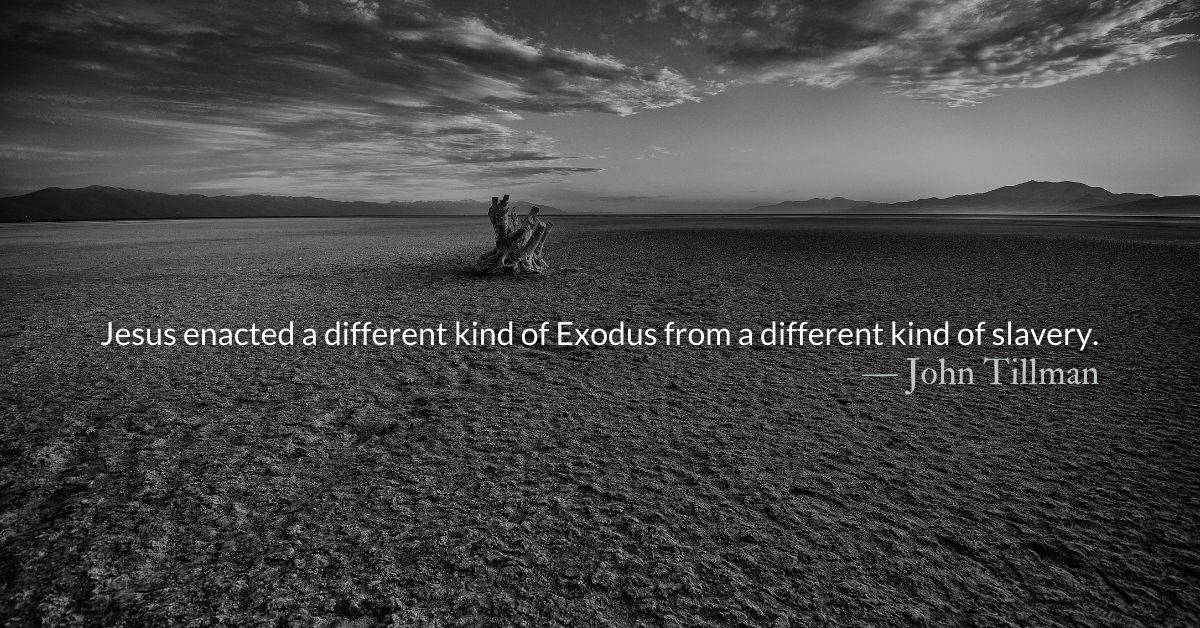Scripture Focus: Habakkuk 3.1-2, 16
1 A prayer of Habakkuk the prophet. On shigionoth.
2 Lord, I have heard of your fame;
I stand in awe of your deeds, Lord.
Repeat them in our day,
in our time make them known;
in wrath remember mercy.
16 I heard and my heart pounded,
my lips quivered at the sound;
decay crept into my bones,
and my legs trembled.
Yet I will wait patiently for the day of calamity
to come on the nation invading us.
Reflection: No, Not Like That
By John Tillman
A common objection to faith is that if God is all-powerful and all-good, how does he allow evil to exist? Either he is not all-powerful, for he cannot stop evil, or he is not all-good, for he will not stop evil.
Habakkuk has his own version of these objections. Habakkuk is distressed by violence and injustice. The legal system is corrupt. The guilty go free. The innocent are unprotected. He objects that God is not taking action.
God says, “I’m already doing something about it. The Babylonians are on their way.” (Habakkuk 1.1-4)
Rather than rejoicing, Habakkuk questions God’s choices. Surely God cannot use such ruthless, violent, and prideful people. “No, God. Not like that! Not those people. Not those means!”
Perhaps Habakkuk just wanted a new king or a few judges replaced, but God saw deeper problems. We can be like Habakkuk in many ways. We see evil and think God isn’t taking it seriously. But when God acts, we think God is going too far. We didn’t want him to take it that seriously.
God takes both justice and mercy more seriously than us. He knows better than us the costs of holding them both.
In the parable of the tares in the wheat, Jesus implies that evil is more intimately bound up with us than we think. The tares cannot be pulled up without damaging the wheat. When we ask God to pull up weeds, he can see the weed’s roots are tangled around our own.
We must trust God when he chooses to address evil, whether it is in our hearts, in our institutions, or in our countries. We may not understand how long it took because we don’t know the depths of his patience and mercy. We may not understand how severe the judgment is because we don’t know the depths of our own evil. We may not understand the means God uses because we don’t remember that God can and will use anyone and can turn any evil to good use.
More than anything else, let us stay in dialogue with God, as Habakkuk does. We don’t have to hold back our doubts, fears, or objections. If we draw close to him, God will draw near to us. He will confront us with our sins. May we repent. He will comfort us in our distress. May we lean on him.
Divine Hours Prayer: The Refrain for the Morning Lessons
Purge me from my sin, and I shall be pure; wash me, and I shall be clean indeed. — Psalm 51.8
– From The Divine Hours: Prayers for Summertime by Phyllis Tickle.
Today’s Readings
Habakkuk 3 (Listen 2:59)
Luke 4 (Listen 5:27)
Read more about He Became a Servant Beyond Jubilee
Habakkuk’s psalm longs for the Lord to make himself known…What Habakkuk waited for, we have seen in Jesus.
Apply or tell a student!
Join us for #StudentWritersMonth!
Get #FreeCoaching from writers and editors, seminars by special guests, published work, and a scholarship/stipend.









